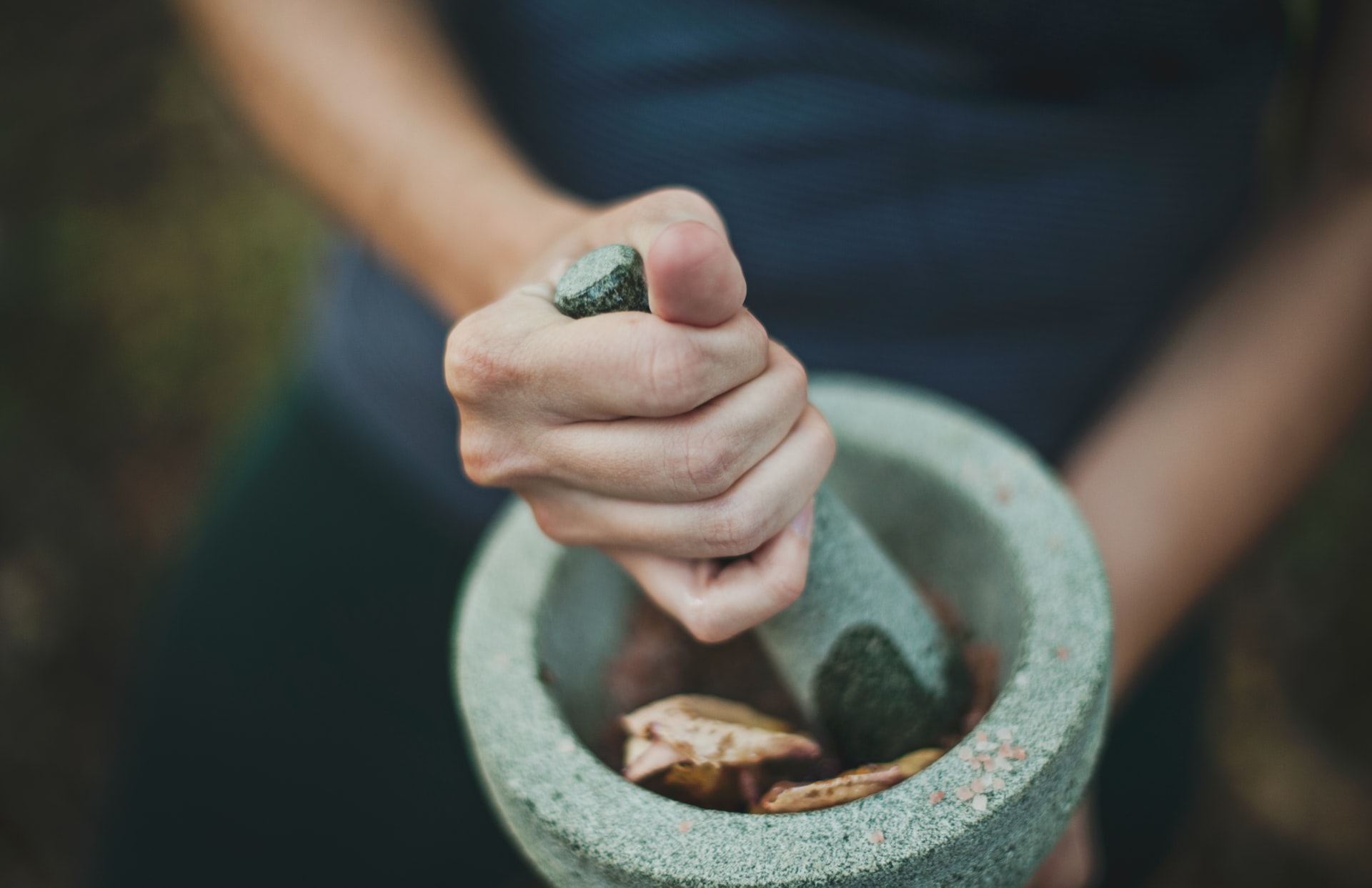Which Herbs Help Which Ailments?
In an age where holistic health is gaining more attention, the use of herbs has emerged as a cornerstone of natural healing. From ancient civilizations to modern wellness trends, herbs have been used for centuries to treat various ailments. But with so many options available, it can be overwhelming to figure out which herbs are best suited for specific issues. This article will explore several common herbs, their health benefits, and how they can be used to address various ailments.
The Ancient Wisdom of Herbs
Historically, herbs have been a vital part of traditional medicine. For instance, in ancient Egypt, garlic was revered for its health benefits, not only as a food flavoring but also as a potent medicine. Historical texts show that garlic was used to treat everything from infections to heart disease. Similarly, in Traditional Chinese Medicine, herbs like ginseng have been used for thousands of years to enhance vitality and boost the immune system.
Common Herbs and Their Uses
1. Chamomile
Chamomile is well-known for its calming properties. Often consumed as a tea, chamomile is effective for alleviating stress, anxiety, and insomnia. It can also help with digestive issues, such as bloating or indigestion. A personal anecdote comes from my friend Sarah, who struggled with insomnia for years. After trying chamomile tea each night before bed, she found herself drifting off more easily and waking up feeling refreshed.
2. Peppermint
Peppermint is more than just a refreshing flavor in gum and candies; it has numerous medicinal properties. It is commonly used to relieve headaches, digestive issues, and sinus congestion. The menthol in peppermint acts as a natural decongestant and can help soothe an upset stomach. My cousin once swore by peppermint tea for her nausea during pregnancy. After trying it, she found it to be a lifesaver during those tough mornings.
3. Ginger
Known for its warming properties, ginger is a powerful anti-inflammatory herb that can help with nausea, digestive issues, and even muscle pain. It is commonly used in cooking, in teas, and as a dietary supplement. A memorable story comes from my own kitchen: when I caught a nasty cold, I brewed a fresh ginger tea with lemon and honey. Not only did it soothe my throat, but it also helped clear my sinuses, and I felt significantly better within a few hours.
4. Turmeric
Turmeric has gained popularity in recent years for its potent anti-inflammatory and antioxidant properties, largely attributed to its active compound, curcumin. This bright yellow spice is excellent for joint pain, arthritis, and even skin issues like acne and eczema. Many people incorporate turmeric into their diets through curries, smoothies, or golden milk. I once attended a wellness retreat where the instructor recommended a turmeric supplement for its anti-inflammatory benefits, especially for those with chronic pain. Several participants reported noticeable relief within weeks.
5. Echinacea
Often associated with cold and flu prevention, echinacea is known for boosting the immune system. It is most effective when taken at the onset of illness and can help reduce the duration and severity of symptoms. A friend of mine swears by echinacea; she takes it at the first sign of a cold and claims it has saved her from getting fully sick on multiple occasions.
6. Lavender
Lavender is renowned for its soothing fragrance, often used in aromatherapy. However, it also has real medicinal benefits. Lavender can help alleviate anxiety, improve sleep quality, and even reduce headaches. Personally, I’ve found that placing a few drops of lavender essential oil on my pillow helps me fall asleep faster and enjoy more restful nights.
7. Milk Thistle
This herb is particularly beneficial for liver health. Milk thistle is often used to support liver detoxification and can help improve liver function in those with liver diseases. My uncle, who was diagnosed with fatty liver, started taking milk thistle after consulting his doctor, and his liver function tests showed significant improvement over time.
8. Holy Basil (Tulsi)
In Ayurvedic medicine, holy basil is revered for its adaptogenic properties, which help the body adapt to stress and promote mental balance. It can also support immune function and respiratory health. A friend introduced me to holy basil tea during a particularly stressful work period, and I found it incredibly grounding.
9. Thyme
Thyme is not just a culinary herb; it has antibacterial and antiseptic properties. It is often used to treat respiratory infections, coughs, and even digestive issues. When I caught a nasty cough last winter, I made thyme tea with honey and lemon, and it worked wonders in soothing my throat and reducing the cough.
10. Oregano
Oregano is another culinary favorite that boasts impressive health benefits. Rich in antioxidants, oregano oil is effective against bacteria and fungi. It is commonly used to promote respiratory health and enhance the immune system. After learning about its benefits, I began adding more oregano to my dishes, feeling good knowing I was enhancing both flavor and health.
The Importance of Quality
When it comes to herbs, quality matters. Always opt for organic herbs whenever possible to avoid pesticides and other chemicals. Additionally, consider buying from reputable suppliers who specialize in herbal products. Fresh herbs often provide more potent health benefits than dried ones, so if you can grow your own, that’s even better.
Dosage and Safety
While herbs are natural, they can still have side effects or interact with medications. It’s crucial to consult with a healthcare professional before starting any herbal regimen, especially if you are pregnant, nursing, or on medication. Each herb has its recommended dosage, and exceeding that can lead to adverse effects.
Conclusion
The world of herbs offers a vast array of options for enhancing health and well-being. From soothing chamomile to powerful turmeric, each herb has its unique benefits and uses. Incorporating these natural remedies into your daily routine can not only help you manage various ailments but also empower you to take control of your health.
As we continue to explore the potential of herbal remedies, it’s essential to approach them with respect and knowledge. With careful selection and usage, herbs can become valuable allies in our journey toward better health.
References
- National Center for Complementary and Integrative Health: Herbs at a Glance
- WebMD: Herbs and Supplements
- Healthline: Top 10 Medicinal Herbs
- Mayo Clinic: Herbs and Supplements

